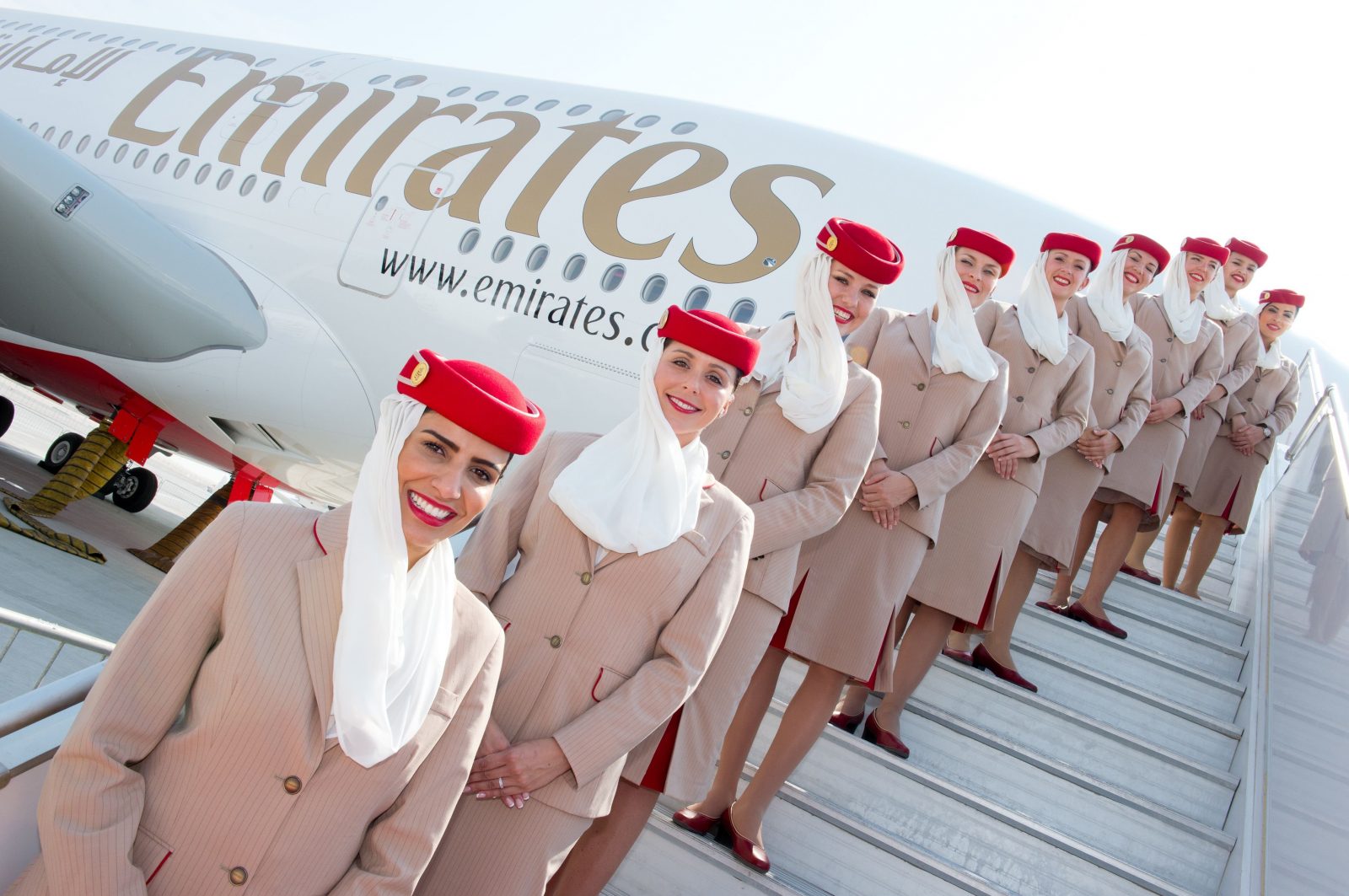
Airlines throughout the Middle East will need to employ 223,000 new staff to cope with demand as the industry emerges from pandemic according to an analysis by aerospace giant Boeing. The aircraft manufacturer predicts airlines in the region will need at least 54,000 pilots and 91,000 cabin crew over the next two decades through 2040. In addition, 51,000 technicians will also be required.
Airlines like Emirates and Qatar Airways have become behemoths by building hub airports that allow passengers to easily fly between East and West and connect in a convenient location. Some analysts, however, believe the so-called ‘hub and spoke’ model will come under increasing pressure from more long-range point-to-point flights in the coming years.
But Randy Heisey, Boeing managing director of Commercial Marketing for the Middle East, says that the region’s major hubs will remain important for years to come and thousands of new planes will be required by Gulf airlines.
“The Middle East region’s role as a global connecting hub continues to be important for developing markets to and from Southeast Asia, China and Africa,” Randy says. “The region has been a leader in restoring confident passenger travel through multi-faceted initiatives that aid international travel recovery.”
Boeing estimates that Middle East airlines will require around 3,000 new aircraft over the next 20 years valued at more than $700 billion.
Two-thirds of new aircraft will be adding capacity while the remaining third will be replacing older aircraft set for retirement.
Who wins those aircraft orders will be a race fiercely fought by Boeing and rival Airbus. In the last few weeks, yet another spat emerged between Emirates and Boeing over the delayed next-generation 777X.
At a recent industry event, Emirates’ president Sir Tim Clark said he wanted “another grown-up conversation” with Boeing over the delays. He has also said that he’ll refuse to take delivery of the planes once they are ready if the performance doesn’t live up to the marketing hype.
In the meantime, the race is already on to hire new staff at several Gulf airlines including Emirates, Etihad and Qatar Airways.
Airlines were quick to slash the number of employees at the start of the pandemic and are now struggling to keep up with demand as travel restrictions are quickly rolled back. Insiders say airlines in the region have only taken back limited numbers of laid-off staff and are preferring to hire anew.
Emirates has announced plans to hire as many as 3,000 new cabin crew, along with 500 airport customer service agents as it ramps up operations over the next six months. Etihad is recruiting as many as 1,000 new cabin crew.
Qatar Airways is also continuing to hire new cabin crew, although the airline hasn’t disclosed how many employees it plans to recruit.
Mateusz Maszczynski honed his skills as an international flight attendant at the most prominent airline in the Middle East and has been flying ever since... most recently for a well known European airline. Matt is passionate about the aviation industry and has become an expert in passenger experience and human-centric stories. Always keeping an ear close to the ground, Matt's industry insights, analysis and news coverage is frequently relied upon by some of the biggest names in journalism.







